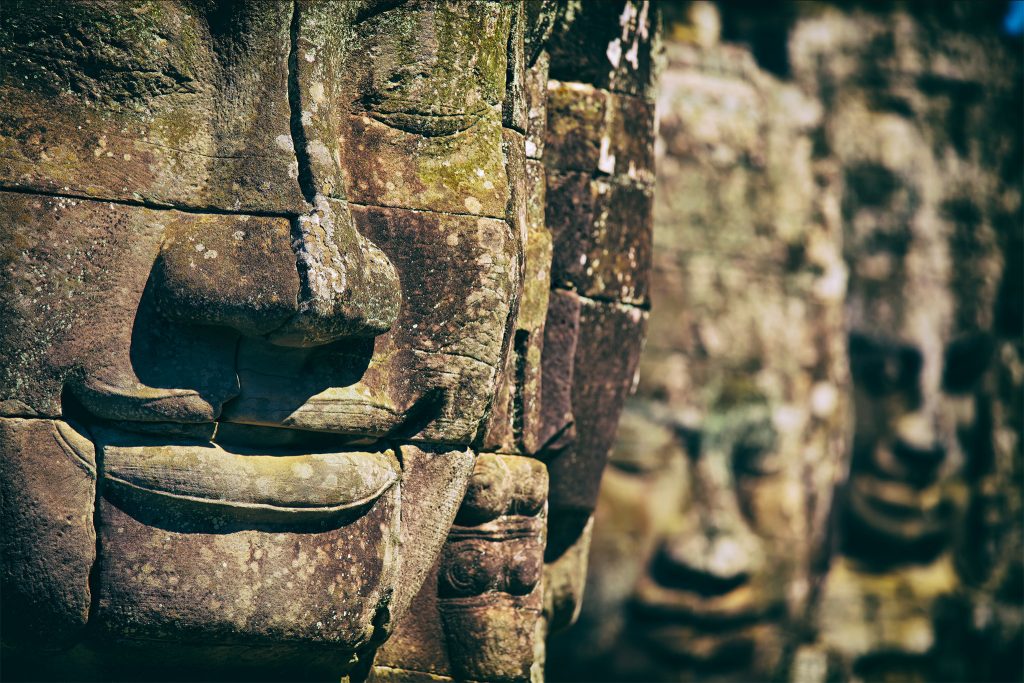Blog & Articles
The Radiant Practice Of Muditā

Muditā
As I wake up to the soft luminescence of dawn, a gentle anticipation fills my heart for the day ahead. With a deliberate sense of purpose, I settle into a comfortable meditation posture, allowing the stillness of the morning to envelop me. Today, I choose to begin my day with the practice of cultivating appreciative joy.
In the quietude of my sacred space, I first anchor myself with mindful breaths, grounding my awareness in the present moment. With each inhalation, I sense a subtle shift in my energy, a readiness to embrace the positive vibrations around me.
Calling to mind the inherent goodness in the successes and happiness of those around me. With each heartfelt wish for their continued well-being, I feel a profound sense of connection and contentment. The morning sun paints the world outside my window with hues of possibility, mirroring the radiant joy within. It’s a morning ritual that not only sets the tone for my day but also infuses it with a genuine appreciation for the joys, both big and small, that weave through life.
Cultivating Muditā
Establishing mindfulness as our foundation, settling into a serene posture, anchoring ourselves in the present moment, and focusing on the breath—an entry point to the rich landscape of meditation.
As we delve deeper, the practice unfolds into the cultivation of loving-kindness (Metta), a foundational step that lays the groundwork for appreciative joy. It’s about extending benevolence not just towards ourselves, but to all beings. This sets the stage for the blossoming of a heart filled with joy in the successes and well-being of others.
Next comes the contemplation of the inherent goodness in others’ happiness and achievements. It’s not about comparison or competition but a celebration of the positive experiences of those around us. This contemplation becomes the fertile soil in which the seeds of appreciative joy take root.
We actively wish for the continued success and happiness of others, rejoicing in their good fortune. This is not a mere intellectual exercise; it’s a heartfelt practice, a genuine opening of the heart to the joys of others.
The practice expands progressively, encompassing all beings. Through visualization and reflection, we cultivate an inner space that resonates with the joy and well-being of the world around us. It’s a journey toward a heart naturally inclined to appreciate the positive aspects of life.
Addressing Envy and Arousing Wholesome Happiness
Why is cultivating appreciative joy crucial for addressing envy and nurturing wholesome happiness? Let me share my perspective.
Envy, born from a mind fixated on comparison and competition, can be a formidable barrier on the path. Muditā, with its essence of rejoicing in others’ well-being, acts as an antidote to envy. It’s a shift in perspective—from seeing others’ success as a threat to embracing it as a source of inspiration and joy.
In the words of the Buddha in the Upakkilesa Sutta:
“Envy is a defilement that can corrupt one’s heart. One who rejoices in the success and happiness of others treads the path of purity.”
By actively cultivating appreciative joy, we not only address envy but also arouse a wholesome and enduring happiness. It’s a profound shift towards a positive outlook on life, a key ingredient for a content and liberated existence.
The meditation practice of appreciative joy is a radiant journey—a journey towards liberation. As we walk this path together, may our hearts open to the joys of others, may our minds resonate with positivity, and may the seeds of muditā we sow bloom into a garden of happiness for ourselves and all beings.

Johnathan Woodside
Johnathan is an Insight Meditation teacher offering Dharma instruction rooted in the Theravada tradition of ethics, concentration and wisdom.
Recent Posts
Have Any Question?
Greetings, fellow Mediators! I invite you to gather your strong determination for study and practice with me. Feel free to share your questions, and together, we’ll realize the liberating insights of the Dharma.

